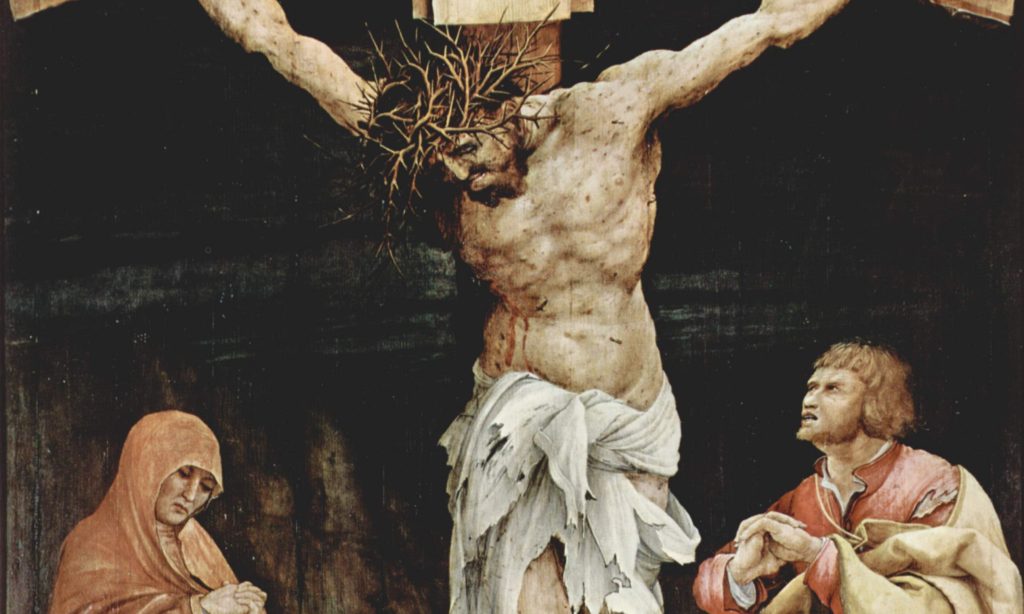Millions around the world celebrate Good Friday and millions more, don’t. Yet, a growing number of Christian believers are not sure why Good Friday is celebrated.
Does it have meaning for believers today, or is it an archaic tradition? Some who profess Christianity even wonder why Jesus had to die at all. Let’s consider why Jesus needed to die, and how it is relevant for every human being.
Humanity’s need
Over the centuries, theologians constructed clear, reasoned arguments and explanations for why Jesus, the Christ—the Messiah—needed to die on the cross. Some explanations, framed in precise legal language, make clear humanity’s need for a Savior.
But far too many people are uninterested or will not take the time to understand these explanations.
Regardless, Jesus did need to go to the cross and offer Himself up as a perfect, atoning (reconciling) sacrifice for humanity’s problem of sin. A problem that creates an uncrossable chasm between God and humanity, except for the Lord Jesus’ redemptive death.
More than a religious observance
My hope for this Good Friday, and all that follow, is that the Lord’s reconciling sacrifice becomes more than a theological truth for all believers. May it be personal and vital for your life, day in and day out, rather than a mere religious observance.
Consider the tender, yet powerful language of this explanation—
Since all of these sons and daughters have flesh and blood, Jesus took on flesh and blood to be like them. He did this so that by dying he would destroy the one who had power over death (that is, the devil). In this way he would free those who were slaves all their lives because they were afraid of dying.
So Jesus helps Abraham’s descendants rather than helping angels. Therefore, he had to become like his brothers and sisters so that he could be merciful. He became like them so that he could serve as a faithful chief priest in God’s presence and make peace with God for their sins. Because Jesus experienced temptation when he suffered, he is able to help others when they are tempted. (Hebrews 2:14-18 GW)
Able to relate to us
God sends His only and true Son into the world, wrapped in the same physical elements as humanity. He sends His Son to children—the offspring He created—not to a nameless human population. Because He could identify with people in every way, He could take their place as an atoning (reconciling) sacrifice. His substitutionary death was a sufficient ransom to purchase every human out of the prison of sin and death.
Through His own death on our behalf, Jesus defeated the one with the power of death (the devil). For centuries and millennia, the adversary of God and humanity deceived people with sin and kept them enslaved by the fear of death.
Not only did Jesus offer Himself in our place to ransom us from slavery to sin and death, He also offered the sacrifice of Himself as a chief priest. He opened the door, made the way, and became the bridge between humanity and God the Father.
The Shepherd of our souls
Although His death is a once-for-all event (Heb 9:26), He continues as our bridge—the Shepherd of our souls (Heb 7:25). Because He became human—experiencing both life and death—He understands all that we experience on earth. Yet, because He was without sin—a corrupted human nature—He was not enslaved as we are.
Good Friday is more than a tradition, and more than an annual observance to remember His death on the cross. It is a reminder that God entered His own creation on behalf of all humanity. He came as a man—conceived by God’s Spirit (Luke 1:34-35) and born as a child.
He is able to relate to people in every aspect of their lives, and He came to redeem and restore all who are willing to trust in Him.
May God grant you a blessed Good Friday and Easter observance, as we cherish the gracious, redemptive death of Jesus Christ and His resurrection from the dead!




